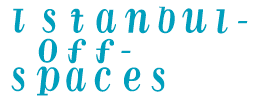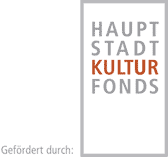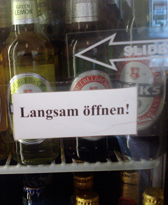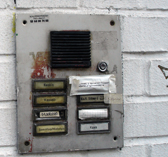 |
|||||||||||||||||||||||||||||||||||||||||||||||||||||||||||
|
|||||||||||||||||||||||||||||||||||||||||||||||||||||||||||
|
Oda Projesi www.odaprojesi.org Oda Projesi Oda Projesi is an artist collective based in Istanbul, composed of three members, Seçil Yersel, Özge Açıkkol and Güneş Savaş, who turned their collaboration into an art project in 2000. The project members met in 1997 and decided to rent and share an apartment as a studio. Although not intended, the apartment they rented in Galata eventually evolved into a multi-purpose, private and public place. Between 2000-2005 the group worked in the neighbourhood and was invited to many events and projects abroad in the meantime. Due to the gentrification process in the region, the group had to leave their place, so they are now mobile and thinking about the possibilities concerning new places. On each project, Oda Projesi works with different tools and strategies; working with “neighbours” and with people from different disciplines, producing posters, advertisements, stories, postcards, newspapers, broadcasting on a local radio channel, working in a minibus … Istanbul as a city has a great effect on the project and on the tactics the group produces. Nadin Reschke (*1975, Bernburg an der Saale) works on participative projects concerning questions of social affiliation and structure within our society. Devising processes and situations for communication plays a central role in her work. In doing so she knits together drawings and handicraft techniques such as embroidery with video and audio works, thereby creating a working method based on direct exchange and often amounting to multiple authorship.
TONGUE a Project of Oda Projesi und Nadin Reschke TONGUE will start in Public Space during Istanbul Off Spaces and go on within the scope of "beyond belonging:translokal" 2009, November 1st till 21st Tongue is a project about language. What happens if the ordinary form
of a language course is borrowed to look at the way language is being
used in daily life? Tongue aims to establish diverse tableaux for us
and all Participants to discuss the use of language and to teach and
to learn from each other. The roles of teachers and students will switch
at any time through the period of teaching and learning from the Participants’
hybrid languages. How does language structure our daily interactions?
What is the dominant use of language, which kind of words do we choose
to use? Language has a power to define spaces of inclusion and exclusion
in society. |
|
|||||||||||||||||||||||||||||||||||||||||||||||||||||||||
|
|
|
||||||||||||||||||||||||||||||||||||||||||||||||||||||||||
 |
|
||||||||||||||||||||||||||||||||||||||||||||||||||||||||||
|
 |



